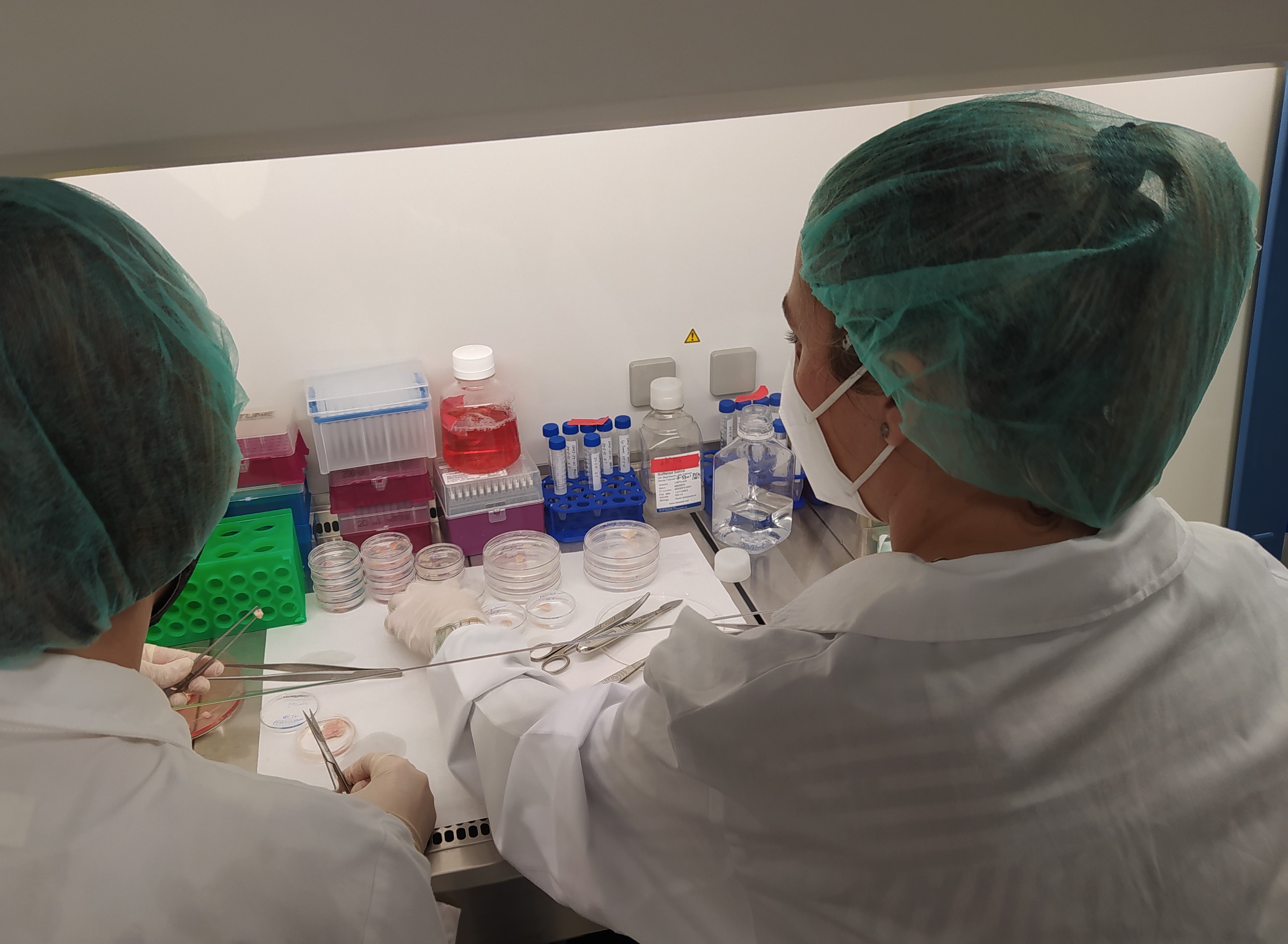June 3, 2021

HUTER samples ongoing
Despite delays at the start of the project due to SARS-CoV-2 HUTER project continues its path towards achieving the expected results.
Date: June 3rd 2021
HUTER consortia is speeding up the sample intake after the six month delay experienced due to the shut down in sample extraction during SARS-CoV-2 pandemic.
Collaborating hospitals Lõuna-Eesti haigla (South-Estonian Hospital) from Estonia, Hospital Clínic Universitari, Hospital Universitario y Politécnico La Fe and Consorci Hospital General Universitari Valencia from Spain and Addenbrooke’s Hospital | Cambridge University Hospitals from United Kingdom are to be thanked for the great effort in supporting the research project.
The team of specialised doctors is form by Dr. Rafael Badenes from Hospital Clínic Universitari; Dr. Alfredo Perales and Dr. Francisco Monleón from Hospital Universitario y Politécnico La Fe; Dr. Carolina Ferrer and Dr. Enrique Artigues from Hospital General; Dr. Kourosh Saeb-Parsy from Cambridge Biorepository for Translational Medicine (CBTM) and Dr. Aive Kalinina from Lõuna-Eesti haigla (South-Estonian Hospital)
To date, 5 whole uterus and 25 biopsies have been processed. The consortia expects to reach the number compromised at the start of the project and to hand in the results by the end of June 2022.
About the Human Uterus Cells Atlas – HUTER
The human uterus is a flagship reproductive organ with profound implications not only in reproduction but also in women ́s health. HUTER can advance the Human Cell Atlas initiative for the exploitation potential in Obstetrics and Gynecology and biomedicine research areas such as Regenerative Medicine or Reproductive Medicine.
The uterus is itself a model for regenerative medicine since (i) endometrial tissue regenerates monthly and its transformation is executed through dynamic changes in states and interactions of multiple cell types, and (ii) myometrial tissue has remarkable regenerative capacity and extensive remodelling throughout pregnancy. Hence, the primary motivation HUTER proposal stems from the need to better understand the human uterus in order to more effectively address uterine diseases that impact women ́s health such as myomas or endometriosis and/or might contribute to infertility, infant and maternal mortality and morbidity.
HUTER technological and biological platform will be a crucial resource for the scientific and clinical communities to define the cellular basis of health and disease, allowing the rapid development of new diagnosis and prognosis tools and therapeutic advancements in the field.
Link to the project website here

